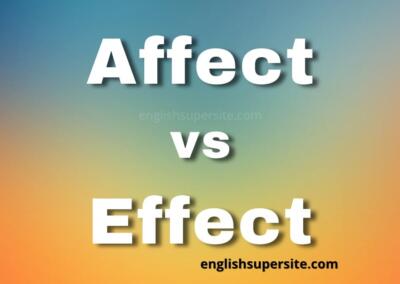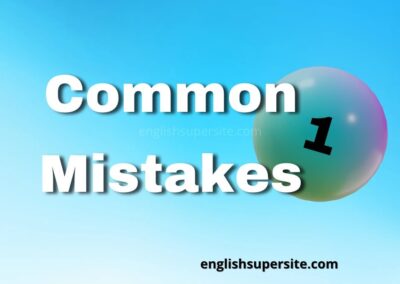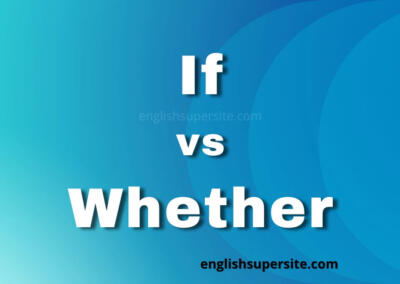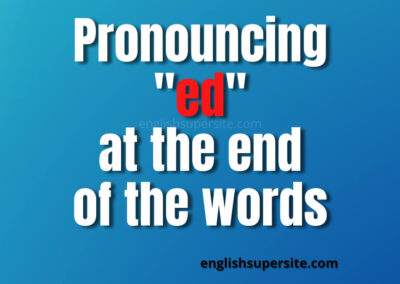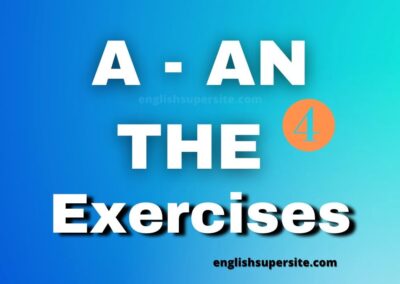
Confusing Words
The English language has many confusing words for several reasons, including:
- Homophones and Homographs: There are many words in English that sound the same but are spelled differently (homophones) or that are spelled the same but have distinct meanings (homographs). This can be confusing particularly for non-native individuals.
- Idiomatic Expressions: There are many idiomatic expressions in English, which are sentences with meanings that cannot be deduced from the individual words. “Raining cats and dogs,” for example, refers to heavy weather but has nothing to do with cats or dogs.
- Pronunciation and Spelling: English spelling and pronunciation can be inconsistent and challenging to master. For example, the words like “accept” and “except”.
- Irregular Verbs: There are many irregular verbs in English that do not make regular past tense and past participle forms. In the past tense “go” becomes “went,” and “run” becomes “ran.”
- Regional Differences: Because English is spoken in many nations, there are regional differences in vocabulary, grammar, and pronunciation. When speakers from various regions interact, this can cause confusion.
Overall, the English language has developed over time, incorporating words and grammar from a variety of languages, adding to its complexity and making it hard to learn and use properly. But here we will help you overcome these obstacles and master the English Language at ease with amazing explanations, incredible examples, and great exercises.
Study Also:
Abbreviations Cohesion and Coherence Collocations Comparative Conditionals Frequent Errors Future Continuous Future Perfect Future Perfect Continuous Future Simple Homonyms Interjections Journaling Learn English Linking Words Logical Flow Past Continuous Past Perfect Past Perfect Continuous Past Simple Plural Present Continuous Present Perfect Present Perfect Continuous Present Simple Pronunciation Question Tags Quiz Quotes Simple Future Simple Past Simple Present Spelling Superlative Transition Words
Share with your friends!

